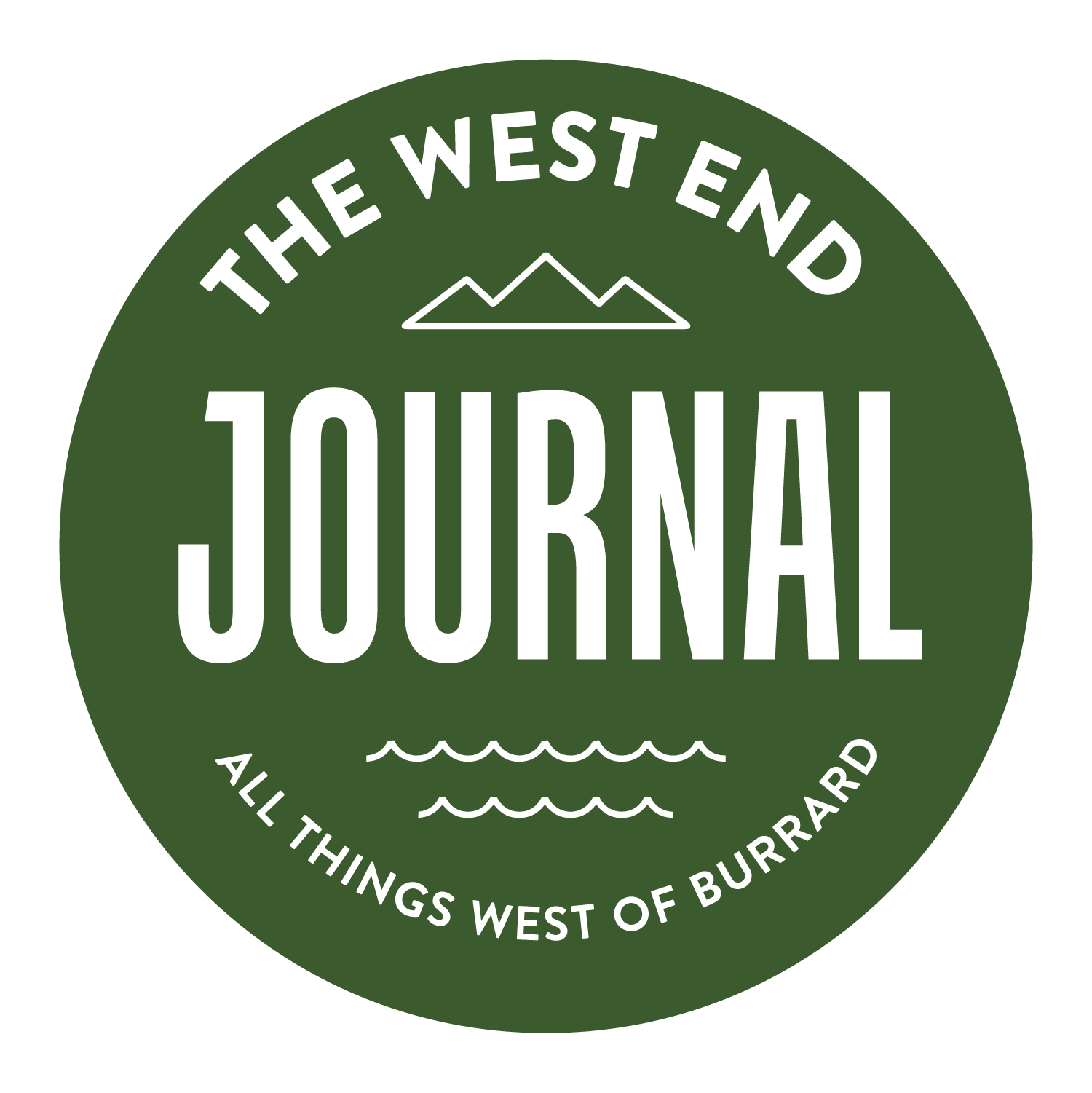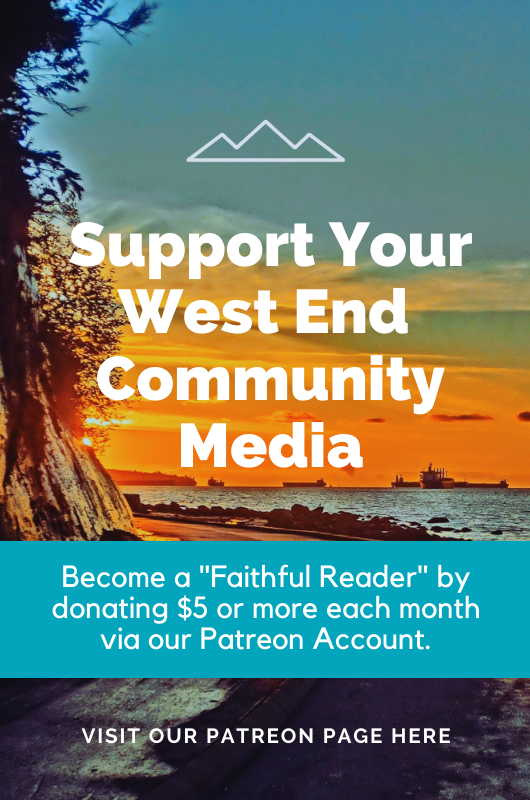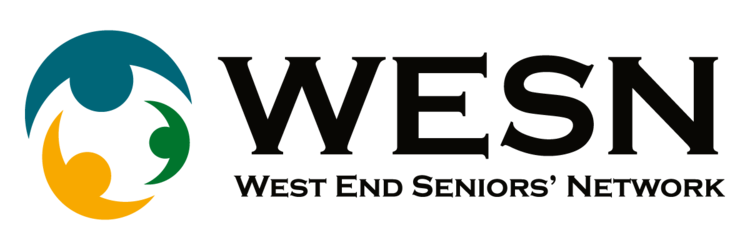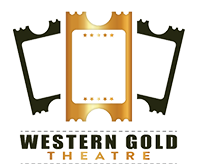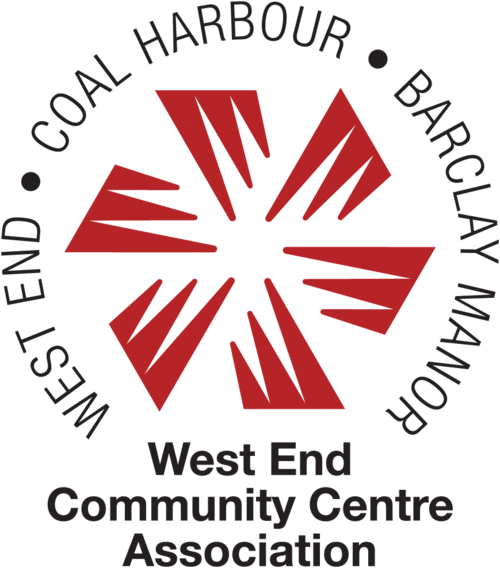A CLOSER LOOK
/ILLEGAL POT SHOPS FLOURISH IN THE WEST END
Legal Outlet Operators Call For Level Playing Field
The now closed 420 Cannabis on Davie Street
by John Streit
Take a stroll or roll down Davie Street past Bidwell towards English Bay and you may notice a recently empty storefront with a hand-written “For Lease” sign in the window. The previous tenant at 1764 Davie wasn’t in business for very long and vacated the spot early last month. You couldn’t miss ‘420 Cannabis’ with its large green signage window display featuring pink LED lighting and a black marijuana leaf. It was one of the many illegal pot shops which continue to operate in Vancouver.
As of October 17, 2018, you are required to have a Provincial license to sell recreational and medicinal drugs in our city. Regulation and enforcement are up to the B.C. Liquor and Cannabis Regulation Branch. Potential pot shop owners also need a municipal development permit and a $34,000 annual business license to legally operate. That license has to be renewed by December 31st of each year. It’s a three-step process many budding business owners are forgoing, seemingly without fear of enforcement.
The City of Vancouver tells The West End Journal that there are nine locations in our neighbourhood with a municipal development permit. Only two of those have a provincial license and a municipal license. The City says overall, the number of illegal cannabis retail locations has been steadily decreasing in the two years since legalization. “These include locations that were part of the legal test case with the City and the B.C. Supreme Court decision on December 13, 2018, ordering them to shut down,” according to a response to our questions. However, almost 20 retail stores are operating in all of Vancouver at locations without a valid development permit, a number the City says is “continually fluctuating.”
Dutch Love is a fully licensed outlet on Davie.
Harrison Stoker is with Dutch Love, a relatively new and perfectly legal cannabis retailer owned by the Donnelly Group and located on Robson near Bute in the West End. His company’s promise to customers is to provide “a disarming, compassionate and human experience for everyone.
“There’s no place like stoned. Whether it’s literal or figurative journeys you’re after, to check-in or out of an activity, or anything else, we’re here to help and it’s as easy and convenient as ordering a non-fat pumpkin spice latte at Starbucks,” he says.
Stoker is concerned that illegal operators continue to flourish in the West End. “The Province and subsequently the City of Vancouver have not committed to the Canadian promise of translating the illicit market into a regulated one. The brazen and overt illegal stores operating in plain view of the public and law enforcement without licenses, Health Canada oversight, or a tax regime is unacceptable,” he says.
Stoker says Dutch Love’s business model is very different from that of an illegal operator. “We play by the rules and we pay our taxes. Obviously, there’s a lot more to it than just those two, but the brass tacks are regulated retailers went through an incredibly protracted and costly process of being legally licensed just to be faced with a highly prohibitive operating environment.”
Jaclynn Pehota, executive director or the Canadian Cannabis Retailers Association.
He is backed up by the Association of Canadian Cannabis Retailers (CCR), a non-profit industry advocacy group.
CCR executive director Jaclynn Pehota says unregulated shops are proving to be a challenge for her member stores. “We are 24 months into the project of legalization. There’s been a relatively generous transition period. I think that for people who wanted to transition into the regulated market that was a very positive thing. But I think we need to now look at how we’re going to cope with entities that are potentially never interested in conforming with the regulations. This does not include harm-reduction groups or people providing medical access historically in Vancouver. This is the recreational market,” she says.
For Pehota, becoming a cannabis advocate was part of a personal journey. “My father passed away of pancreatic cancer in 2015 and during that transition to the end of his life there were some very kind people in the cannabis community who supported his transition and I started working from a medical advocacy perspective and working to decriminalize cannabis. I do regulatory work as a consultant and provincial licensing and federal production and processing licensing are specialties of mine.”
She understands getting rid of illegal operators won’t be easy because there’s an unregulated source of cannabis. “We’re historically a centre of production for cannabis in Canada. There’s also a public demand for these shops. With capitalism trends, they’re filling a need. Nobody would be doing this if it wasn’t profitable. What we need are two things: an articulated strategy from the Province about how they’re going to cope with these people who are not interested in integrating into the regulated system; and a public education campaign about why using the regulated system to access your cannabis is a social good.”
Long-time B.C. drug advocate Dana Larsen operates an illegal cannabis store on Thurlow Street near Davie which was raided by the province in October of 2019.
“We were closed for much of 2020 due to COVID-19. We haven't had any more raids. We had hoped to get a city and provincial permit, but they stalled and blocked us in doing so. I don't feel like there's much interest in giving us a permit.” Larsen, the person partly behind the annual ‘420’ festival at Sunset Beach, feels increased raids and punishments will not accomplish anything good.
“Closing medicinal cannabis dispensaries doesn't push people to legal stores, it pushes them further to the unlicensed suppliers. The way to get more people into the legal market is to lower prices and increase quality. The reality is that it's harder for medical users to get medicinal cannabis now than it was before legalization.”
Jaclynn Pehota with ACCRES doesn’t have a problem with so-called medical marijuana providers, but her group is pushing to weed out illegal recreational drug operators. “When we’re talking about the recreational market, we can’t just hope this is going to sort itself out. Because these are places where we’ve had closures and now, we have re-openings. To me, that’s taking steps backwards. Especially since my members pay a $34,000 licensing fee in this city, which is a huge burden. Part of the conversation around that fee is that it goes to enforcement and administration. One member was in a position where he has two unregulated shops in his area, and he has had more visits from government officials in his licensed store than those unregulated guys have had in the past six months and that seems very backwards to him.”
Harrison Stoker at Dutch Love agrees. “If the City of Vancouver is going to continue to charge regulated retailers such exorbitant fees, they should provide services to match the cost, notably those that would enable a successful business environment for regulated operators by eliminating the illicit market. The Province needs to set a much more urgent standard for municipalities to transcribe or eliminate the illicit market, it’d help if they opted to share Federal excise taxes with cities as other provinces have.”
City Councillor Sarah Kirby-Yung agrees with Stoker and Pehota that more provincial enforcement is needed. “I think anytime that you have rules that you expect businesses and operators to abide by, it is inequitable to let some folks slide through and have others who are playing by the rules and paying their appropriate fees. It’s a slap in the face to the other operators following the rules and doing the right thing,” she says.
The City of Vancouver says while the Province’s Community Safety Unit is responsible for enforcing against the illegal sale of cannabis, the City continues to play a role in enforcing the City’s by-laws with respect to zoning and licensing. Information is also shared when new illegal locations emerge.
Dana Larsen.
Dana Larsen, who is also now selling coca leaf tea and mushroom kits from a new store on East Hastings, has more of problem with the actions of the provincial government. “The pseudo-legalization we've been given continues to stigmatize and persecute cannabis users and the cannabis culture. Despite claims from the B.C. NDP that they want to destigmatize drug users, they put in harsh penalties for silly things like letting someone see your legal cannabis plants from the street. They have also allowed whole cities and regions to ban cannabis sales locally, which is not right and not allowed when it comes to other kinds of stores. The restrictive licensing, ongoing punishments and marginalization of medical cannabis users needs to be opposed.”
Larsen notes that they use dispensary revenues to fund life-saving projects like their "Get Your Drugs Tested" program. “It’s now doing two-thirds of all drug checking in B.C., recently hitting the 10,000 mark for street drug samples analyzed. That provincial funding increased cannabis enforcement while leaving programs like drug-checking services chronically underfunded is a shameful disgrace.”
One question many West Enders have been asking is, why do landlords continue to lease space to illegal operators? Pehota feels this must change.
“Take cannabis out of it. If I was running a speakeasy or an illegal dry cleaner, that’d be no more acceptable than having unregulated storefronts for cannabis. I don’t think it’s appropriate for any landlords to be renting to any unregulated businesses and then there’s the liability that comes with it. That’s an important point to consider when taking on these tenants.”
Stoker says legally expanding Dutch Love in the West End is on the table, but not an easy process in this climate. “We actually tried to have a location in English Bay approved to be licensed but were denied by the city’s Board of Variance because of a development permit in the area, very coincidently, held by an illicit operator. That’s a whole other bag of snakes, but in short, we’re going to keep trying.”
Pehota believes changing people’s behaviour is one of the keys to weeding out black-market pot shops. “Consumers in B.C. are very, very sophisticated. We’re spoiled for choice in this province. We’re a global plant for a reason. Our regulated retailers have the opportunity to communicate to the public what’s in their stores with reasonable marketing regulations, have a storefront with a good line of sight into it so the public doesn’t feel like there’s something untoward happening behind frosted windows, and the ability to bring their infant children into cannabis shops. That’s the kind of stuff holding the regulated system back. Stifling the sector as it’s trying to capture market share is counter-productive.”
Stoker claims shopping legal is shopping local, when it comes to cannabis. “Because the illicit market needs to launder its money, most of it leaves the local economy. This should be especially felt by communities when paired with the fact, that for the most part, illegal stores also don’t pay taxes.”
